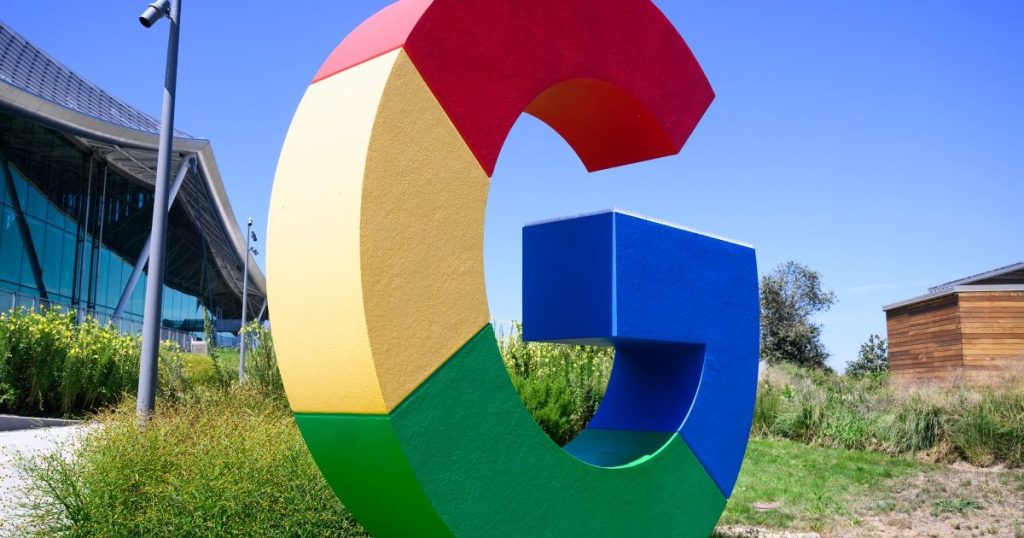The US Department of Justice (DOJ) has intensified its legal battle against Google, urging a federal judge to compel the tech giant to spin off its Chrome browser. The DOJ argues that Google’s dominance in online search, coupled with its aggressive investments in artificial intelligence (AI), poses a significant threat to the future of the internet. They contend that if left unchecked, Google’s control will extend far beyond search, encompassing emerging technologies like AI and solidifying its grip on the digital landscape for the next decade. This assertive stance from the DOJ underscores the growing concern over Google’s expansive power and the potential for anti-competitive practices to stifle innovation and consumer choice.
Google vehemently opposes the DOJ’s proposal, characterizing it as a radical intervention that would harm American consumers and undermine the nation’s technological leadership. The company insists that the government’s recommendation to spin off Chrome, and the potential forced sale of its Android mobile operating system, vastly exceeds the scope of the original lawsuit. Google maintains that the case centered on its agreements with partners like Apple and Samsung to distribute its search tools, not on the browser or operating system themselves. The company views the DOJ’s actions as an overreach that could have unintended consequences for the tech industry.
The DOJ’s push for a Chrome spinoff follows a recent legal setback for Google in a separate antitrust case. A federal judge ruled that Google holds monopoly power in the online advertising technology market, a decision that could significantly impact the company’s primary revenue source. The lawsuit, brought by the federal government and more than a dozen states, accused Google of illegally dominating three key areas of digital advertising: publisher ad servers, advertiser tools, and ad exchanges. The judge largely agreed with the plaintiffs’ arguments, finding that Google’s practices had created an illegal monopoly in ad software and tools used by publishers.
This ruling represents a considerable blow to Google’s advertising business, which fuels the company’s massive profits and funds its extensive investments in AI and other ventures. The judge’s decision reinforces concerns about Google’s dominance in the digital advertising ecosystem and its potential to leverage that power to disadvantage competitors and stifle innovation. The ruling also highlights the growing scrutiny of Big Tech’s influence on the digital economy and the potential need for regulatory interventions to promote competition and protect consumer interests.
The combined effect of these legal challenges could lead to a significant restructuring of Google’s operations and a curtailment of its influence across the internet. The potential spinoff of Chrome, along with the impact of the advertising technology ruling, could force Google to re-evaluate its business strategies and potentially divest itself of key assets. These developments underscore the increasing pressure on tech giants to address antitrust concerns and operate within a more competitive landscape. The outcomes of these cases could have far-reaching implications for the future of the internet and the balance of power within the tech industry.
Google has vowed to appeal both rulings, setting the stage for protracted legal battles that will likely shape the future of antitrust enforcement in the digital age. These appeals will test the boundaries of existing antitrust laws and could potentially lead to new legal frameworks for regulating the conduct of powerful tech companies. The outcome of these legal challenges will have significant implications not only for Google but also for the broader tech industry and the way in which competition is fostered and maintained in the digital marketplace. The decisions in these cases will ultimately determine the extent to which governments can intervene to address concerns about monopolistic practices and ensure a more level playing field for all players in the digital economy.














